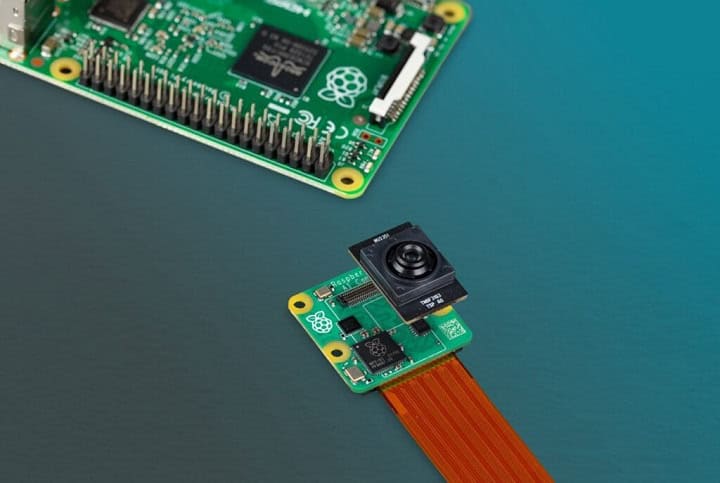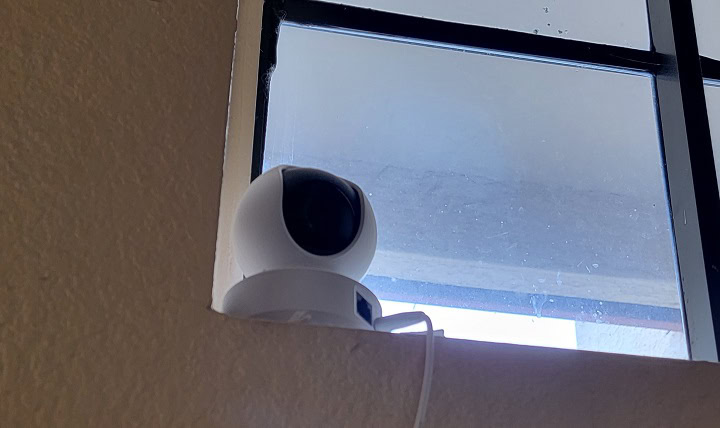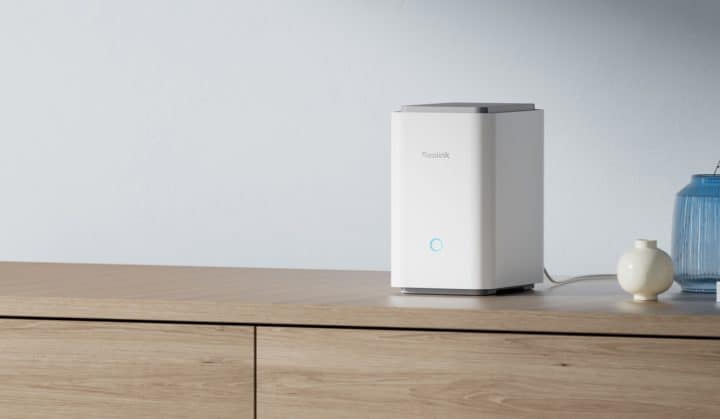Raspberry Pi has announced the release of the Raspberry Pi AI Camera, a new addition to its camera product line. This camera is built around the Sony IMX500 image sensor, which includes an integrated AI accelerator. This allows the AI Camera to run a variety of neural network models while maintaining low power consumption and low latency. The new camera is designed to leave the host Raspberry Pi’s processor free for other tasks.
Key features of the Raspberry Pi AI Camera include:
– 12 MP Sony IMX500 Intelligent Vision Sensor
– Sensor modes: 4056×3040 at 10fps, 2028×1520 at 30fps
– 1.55 µm × 1.55 µm cell size
– 78-degree field of view with manually adjustable focus
– Integrated RP2040 for neural network and firmware management
The AI Camera is compatible with all Raspberry Pi models, including Raspberry Pi Zero, using regular camera ribbon cables. It supports the conversion of existing neural network models using frameworks such as TensorFlow or PyTorch to run efficiently on the AI Camera. Additionally, new models can be designed to utilize the AI accelerator’s specific capabilities.
The camera utilizes the I2C protocol for model uploading on older Raspberry Pi devices, while a faster custom two-wire protocol is used on the Raspberry Pi 5. An on-board RP2040 microcontroller and an attached 16MB flash device help manage and cache models, which can skip the upload step in many cases. Once streaming starts, the IMX500 operates as a standard Bayer image sensor. An integrated Image Signal Processor (ISP) performs basic image processing and feeds the frame directly into the AI accelerator. The output is then transferred to the host Raspberry Pi along with the Bayer frame over the CSI-2 camera bus.
Integration with Raspberry Pi’s camera software stack is seamless. The AI Camera works with libcamera to process the Bayer frame and generate an output tensor, which is synchronized with the processed frame. This allows for easy retrieval of the output tensor by applications during libcamera’s request completion step. Applications built on frameworks like Picamera2 and rpicam-apps can leverage this functionality with minimal code.
For more information, visit the Raspberry Pi website here.




